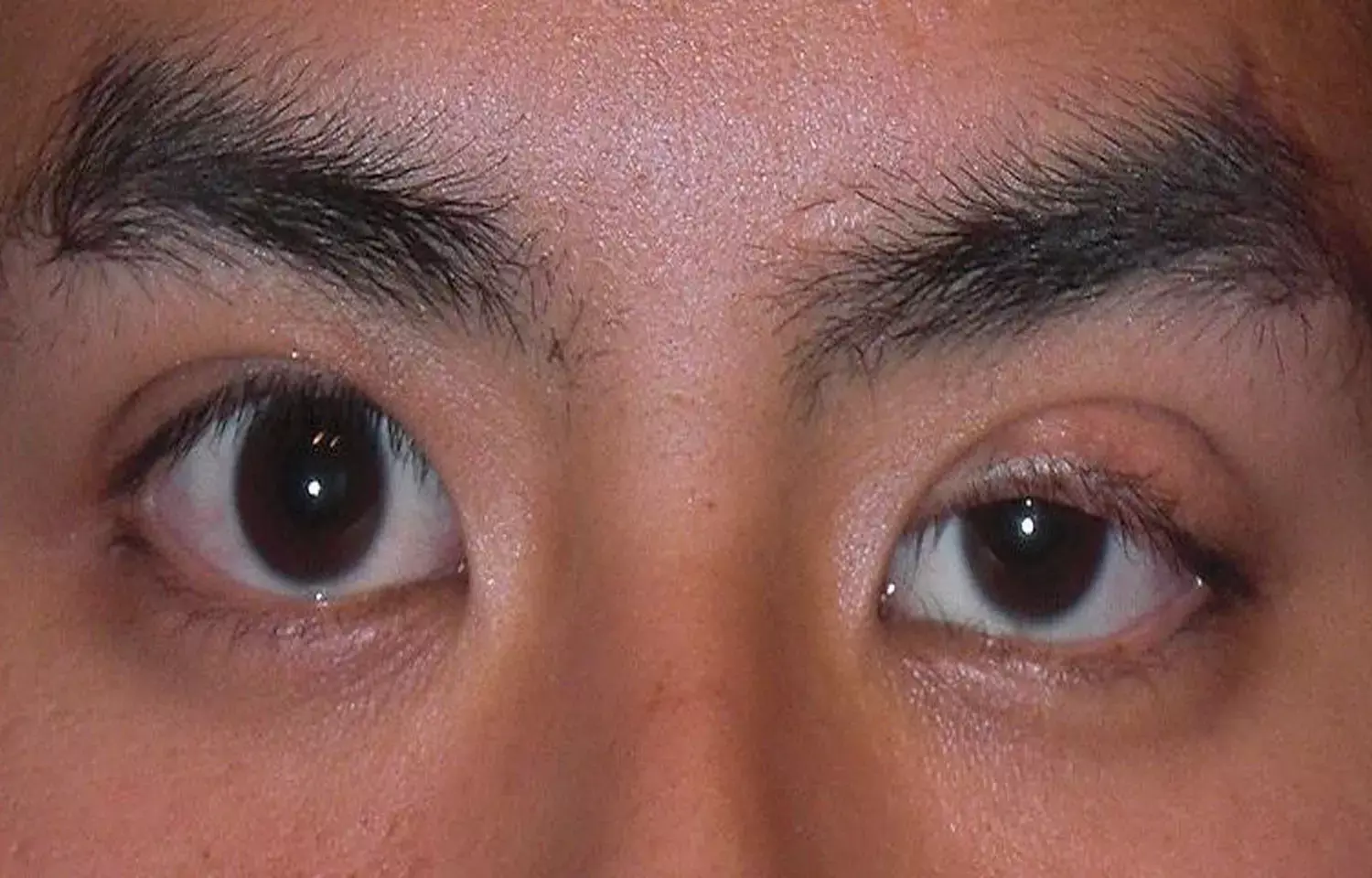- Home
- Medical news & Guidelines
- Anesthesiology
- Cardiology and CTVS
- Critical Care
- Dentistry
- Dermatology
- Diabetes and Endocrinology
- ENT
- Gastroenterology
- Medicine
- Nephrology
- Neurology
- Obstretics-Gynaecology
- Oncology
- Ophthalmology
- Orthopaedics
- Pediatrics-Neonatology
- Psychiatry
- Pulmonology
- Radiology
- Surgery
- Urology
- Laboratory Medicine
- Diet
- Nursing
- Paramedical
- Physiotherapy
- Health news
- Fact Check
- Bone Health Fact Check
- Brain Health Fact Check
- Cancer Related Fact Check
- Child Care Fact Check
- Dental and oral health fact check
- Diabetes and metabolic health fact check
- Diet and Nutrition Fact Check
- Eye and ENT Care Fact Check
- Fitness fact check
- Gut health fact check
- Heart health fact check
- Kidney health fact check
- Medical education fact check
- Men's health fact check
- Respiratory fact check
- Skin and hair care fact check
- Vaccine and Immunization fact check
- Women's health fact check
- AYUSH
- State News
- Andaman and Nicobar Islands
- Andhra Pradesh
- Arunachal Pradesh
- Assam
- Bihar
- Chandigarh
- Chattisgarh
- Dadra and Nagar Haveli
- Daman and Diu
- Delhi
- Goa
- Gujarat
- Haryana
- Himachal Pradesh
- Jammu & Kashmir
- Jharkhand
- Karnataka
- Kerala
- Ladakh
- Lakshadweep
- Madhya Pradesh
- Maharashtra
- Manipur
- Meghalaya
- Mizoram
- Nagaland
- Odisha
- Puducherry
- Punjab
- Rajasthan
- Sikkim
- Tamil Nadu
- Telangana
- Tripura
- Uttar Pradesh
- Uttrakhand
- West Bengal
- Medical Education
- Industry
Use of speculum not solely responsible for postoperative ptosis: Study

A recent study explored the potential relationship between the use of speculums during phacoemulsification surgery and the development of blepharoptosis, or eyelid drooping. The findings published in the recent issue of Indian Journal of Ophthalmology journal highlighted the transient nature of postoperative ptosis and underline the influence of various surgical factors beyond speculum use.
The prospective observational study spanned from October 2017 to May 2018 which involved 221 patients (250 eyes) who were undergoing cataract surgery under topical anesthesia. This research measured critical parameters, including Margin Reflex Distance 1 (MRD1), levator palpebrae superioris (LPS) function, and lid crease distance (LCD), before and after surgery at intervals of one day, 1 month, 3 months, and 6 months.
The initial findings revealed that 34 patients developed postoperative ptosis on the first day after surgery. Among these, 15.8% had underwent surgery with a rigid speculum, while 11.4% had used a non-rigid speculum. However, by the one-month follow-up, the number of patients with persistent ptosis significantly dropped to 4 cases. One of these patients had surgery with a rigid speculum, while the other three cases were associated with the use of non-rigid speculums.
The subsequent follow-ups at 3 and 6 months presented promising results, with all cases of ptosis having resolved entirely. This illuminated the transient nature of postoperative eyelid drooping. While speculum use was examined closely, the study found that it could not be solely blamed for postoperative ptosis. Other factors such as superior rectus bridle suturing, anesthetic techniques, prolonged eye patching, and extended surgery durations are believed to contribute to the condition.
The outcomes emphasized that understanding the multifactorial nature of ptosis following phacoemulsification surgery can help in refining surgical techniques and minimizing postoperative complications. Overall, this study provides valuable insights for ophthalmic surgeons and revealed the importance of patient monitoring and comprehensive evaluations to ensure full recovery after cataract surgery.
Source:
Palanivel, S., Jayagayathri, R., & Yadalla, D. (2025). The impact of speculum uses on the incidence of blepharoptosis in patients undergoing phacoemulsification surgery: A prospective analysis. Indian Journal of Ophthalmology, 73(2), 210–213. https://doi.org/10.4103/ijo.ijo_1476_24
Neuroscience Masters graduate
Jacinthlyn Sylvia, a Neuroscience Master's graduate from Chennai has worked extensively in deciphering the neurobiology of cognition and motor control in aging. She also has spread-out exposure to Neurosurgery from her Bachelor’s. She is currently involved in active Neuro-Oncology research. She is an upcoming neuroscientist with a fiery passion for writing. Her news cover at Medical Dialogues feature recent discoveries and updates from the healthcare and biomedical research fields. She can be reached at editorial@medicaldialogues.in
Dr Kamal Kant Kohli-MBBS, DTCD- a chest specialist with more than 30 years of practice and a flair for writing clinical articles, Dr Kamal Kant Kohli joined Medical Dialogues as a Chief Editor of Medical News. Besides writing articles, as an editor, he proofreads and verifies all the medical content published on Medical Dialogues including those coming from journals, studies,medical conferences,guidelines etc. Email: drkohli@medicaldialogues.in. Contact no. 011-43720751


